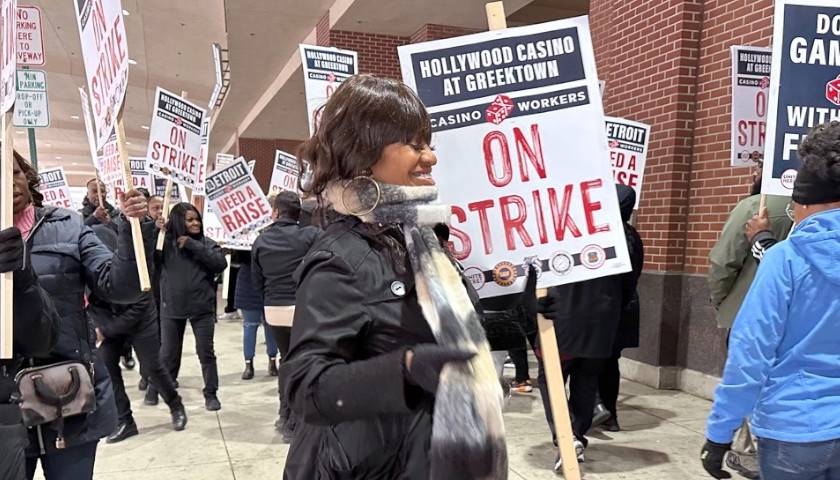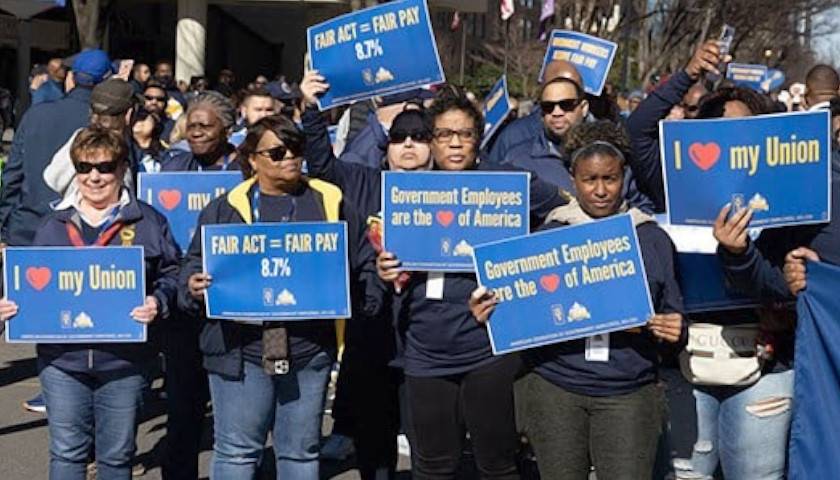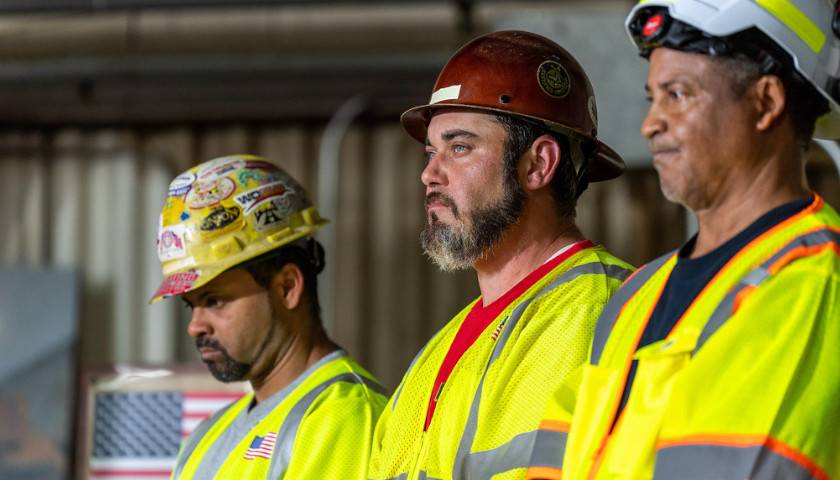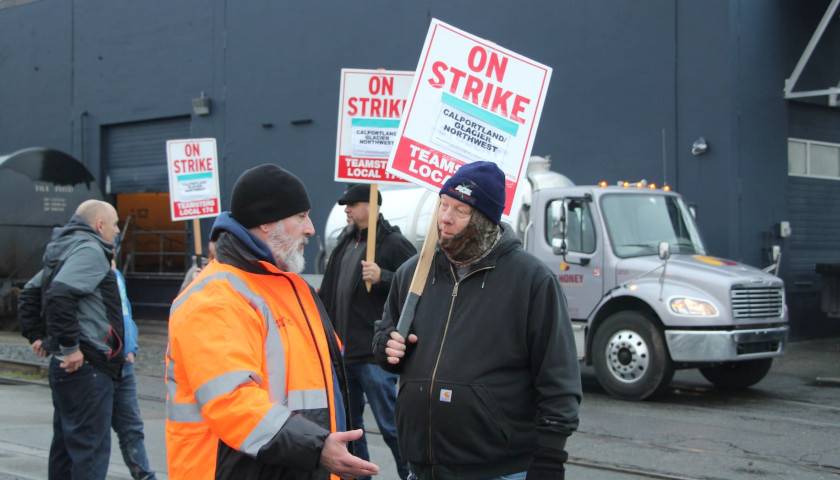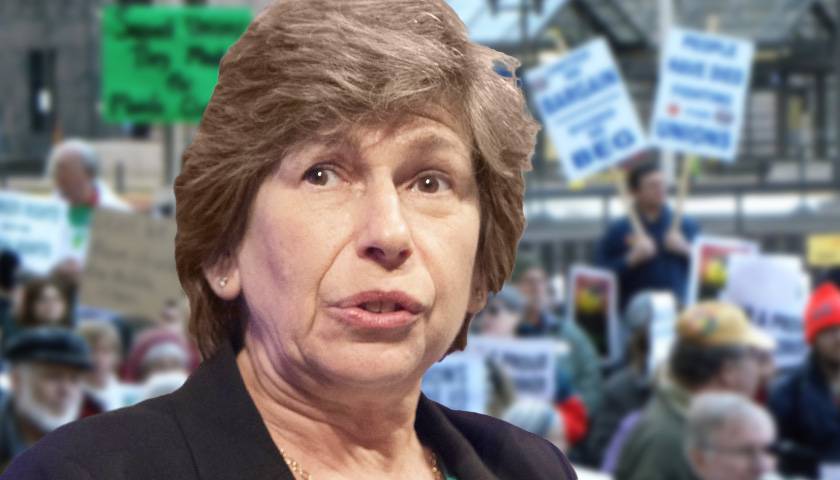Unlike public sector unions, which are inherently corrupt and need to be outlawed, private sector unions have a vital role to play in American society. But these unions have become coopted by the same special interests they were originally formed to oppose. The political agenda of America’s unions is almost exclusively leftist, and being part of America’s institutional “Left” is not what it used to be.
The biggest misconception in American politics today is that the political Left is fighting corporate power. Leftists may still attack corporate profits and demand corporations pay their “fair share,” but on every major issue affecting the economic freedom and prosperity of working families in America, these presumed antagonists are actually in perfect alignment.
Read More
